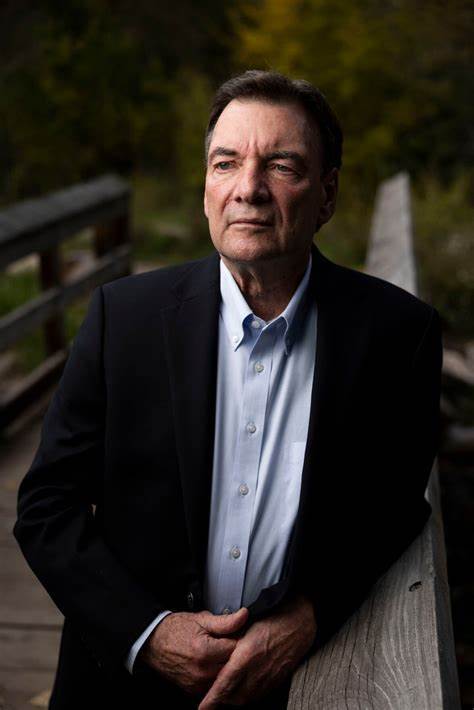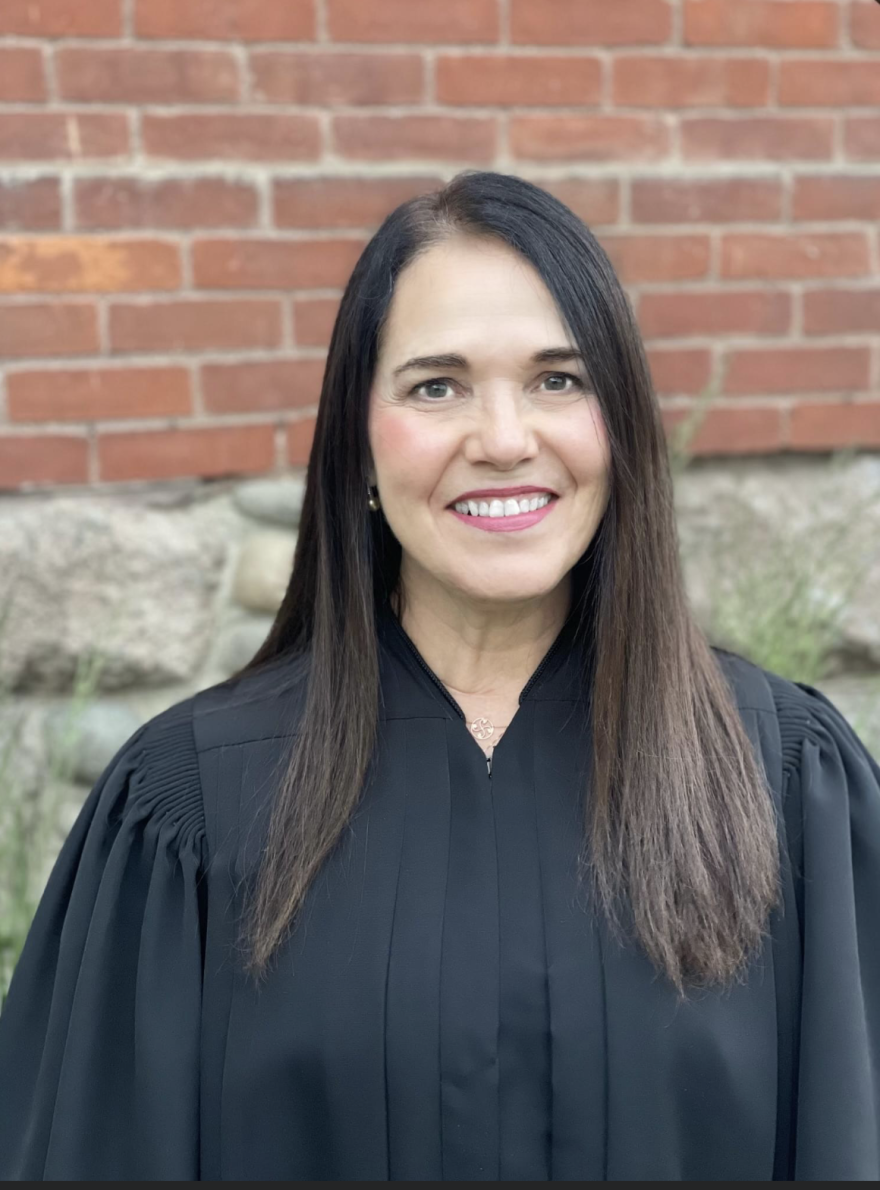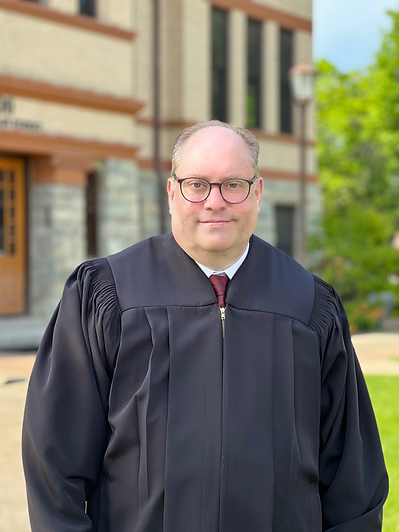

Election 2024
Last updated on August 23, 2024
Election 2024
Update following the 2024 Elections
Cory Swanson won the race for Chief Justice of the Montana Supreme Court.
Katherine Bidegaray won the race for Associate Justice of the Montana Supreme Court.
Additional information on this page may be out of date.
There are two open Montana Supreme Court seats on the November ballot: Chief Justice and Associate Justice.
We sent a questionnaire to the four candidates, two running for each open seat, to learn more about where they stand on important civil rights and civil liberties issues. The ACLU does not endorse or oppose candidates, but we do want to give you the information you need to make informed decisions.
What does a Montana Supreme Court Justice do?
There are seven justices who sit on the Montana Supreme Court. Each is elected to an eight-year term in nonpartisan races. Montana Supreme Court justices have the responsibility to interpret our state constitution and apply state laws. Because so many decisions - from privacy to voting to education - that impact our day-to-day lives come through interpretation of our state constitution, the Montana Supreme Court has the power to have the final say on them – including critical decisions that impact our civil liberties.
Candidates for Chief Justice

Judge Jerry Lynch attended the University of Montana Law School and went on to become Montana’s longest serving federal magistrate judge. Lynch has sat on the state Board of Public Education and Board of Envronmental Review. He has been endorsed by six former state supreme court justices and a number of labor unions and groups that support access to public lands.

Cory Swanson attended the University of Montana Law School and went on to hold political office as Deputy Attorney General. He has served as Broadwater County Attorney since 2014, and he is a pastor and a member of the National Guard. He has been endorsed by seven county sheriffs.
Candidates for Associate Justice

Judge Katherine Bidegaray attended the University of Montana Law School. Afterward, Bidegaray worked in the office of the Montana State Auditor and has served as a District Court Judge in eastern Montana since 2003. She has been endorsed by a number of labor unions and groups that support access to public lands.

Judge Dan Wilson attended law school at the University of Minnesota. Wilson later returned to Montana to work as a county attorney in Great Falls and has served as a District Court Judge in Flathead since 2017. He has been endorsed by a former state supreme court justice and three former district court judges.
Candidate Questionnaire
State Constitutional Rights to Privacy and Abortion
In Armstrong v. State, the court ruled that the state constitutional right to privacy protects the right to abortion. Do you agree with the reasoning and holding of this case?
Jerry Lynch, candidate for Chief Justice:

Cory Swanson, candidate for Chief Justice:
“It is not appropriate for a judicial candidate to provide a legal conclusion that may prejudge a future case that may come before the Court. I will judge each case on the facts and my best understanding of the applicable law to that case.”
Katherine Bidegaray, candidate for Associate Justice

Dan Wilson, candidate for Associate Justice:
Did not respond
State Constitutional Right to Contraception
Do you believe the Montana Constitution protects the right to contraception?
Jerry Lynch, candidate for Chief Justice:

Cory Swanson, candidate for Chief Justice:
“It is not appropriate for a judicial candidate to provide a legal conclusion that may prejudge a future case that may come before the Court. I will judge each case on the facts and my best understanding of the applicable law to that case.”
Katherine Bidegaray, candidate for Associate Justice

Dan Wilson, candidate for Associate Justice:
Did not respond
State Constitutional Right to Marriage Equality
Do you believe the Montana Constitution protects same-sex marriage?
Jerry Lynch, candidate for Chief Justice:

Cory Swanson, candidate for Chief Justice:
“It is not appropriate for a judicial candidate to provide a legal conclusion that may prejudge a future case that may come before the Court. I will judge each case on the facts and my best understanding of the applicable law to that case.”
Katherine Bidegaray, candidate for Associate Justice

Dan Wilson, candidate for Associate Justice:
Did not respond
State Constitutional Right to Ballot Access for Indigenous Voters
In Western Native Voice v. Jacobsen, the court ruled that laws that limit access to the ballot for Indigenous voters violate the Montana Constitution. Do you agree with the reasoning and holding of this case?
Jerry Lynch, candidate for Chief Justice:

Cory Swanson, candidate for Chief Justice:
“It is not appropriate for a judicial candidate to provide a legal conclusion that may prejudge a future case that may come before the Court. I will judge each case on the facts and my best understanding of the applicable law to that case.”
Katherine Bidegaray, candidate for Associate Justice

Dan Wilson, candidate for Associate Justice:
Did not respond
Paid for by the ACLU of Montana
Alex Rate, Treasurer
P.O. Box 1968
Missoula, MT 59806.
Montana Chief Justice Election 2024
Your Vote is Your Voice
